ISLAMABAD: The government has started consultations for the New Energy Vehicle (NEV) Policy 2025-30, aimed at revolutionising the country’s transportation sector to cut carbon emissions.
In this regard, a meeting was held in the Ministry of Industries on Monday, attended by the automakers, and it was highlighted that the policy would focus on promoting local NEV manufacturing, decreasing reliance on fossil fuel imports, and reducing carbon emissions.
The meeting discussed incentives to boost NEV production, including tax breaks, reduced import duties on NEV components, and green financing options for companies investing in environmentally friendly technologies.
However, industry sources said that the automakers expressed concerns that incentives being provided under the NEV policy would only benefit the top 10-20 per cent of auto consumers due to the high cost of the NEVs compared to internal combustion engine (ICE) and hybrid vehicles.
Developed by the Engineering Development Board (EDB) under the Ministry of Industries and Production, the policy provides a comprehensive framework for adopting sustainable, low-emission vehicles and fostering green technology nationwide.
Industry people say incentives-laden policy to benefit just 20pc car buyers
The draft policy highlighted an urgent need to cut carbon emissions, as Pakistan’s transportation sector currently contributes nearly 30pc of the country’s greenhouse gas output, and the target was to have a zero-emission road fleet by 2060.
The policy has suggested that to accelerate NEV adoption, there was a need to establish vehicle charging infrastructure across Pakistan.
Charging stations will be installed in public areas and along major highways, requiring Oil Marketing Companies to set up Level 3 charging stations at 10pc of their locations.
Private companies will receive income tax exemptions, subsidised electricity rates, and reduced land costs for a 10-year lease to install charging stations.
A vital aspect of the NEV policy is its focus on environmental protection.
It introduces safety and recycling standards for NEV batteries and components, promoting a circular economy; financial incentives will encourage companies to invest in battery recycling and recycling centres will be established nationwide.
The draft NEV Policy 2025-30 includes a range of goals and support measures for the relevant manufacturing and allied industries.
The financial benefits include a reduction of customs duty to 1pc on NEV parts and 10pc at complete NEV imports until 2027, along with sales tax exemptions for locally manufactured components.
The heavy commercial vehicles, too, will be incentivised with customs duty reductions until local production increases.
Published in Dawn, November 12th, 2024



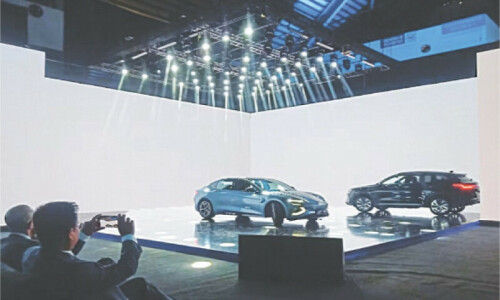
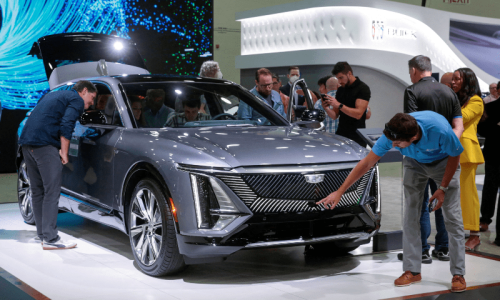











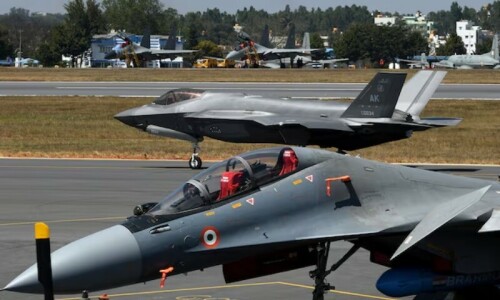


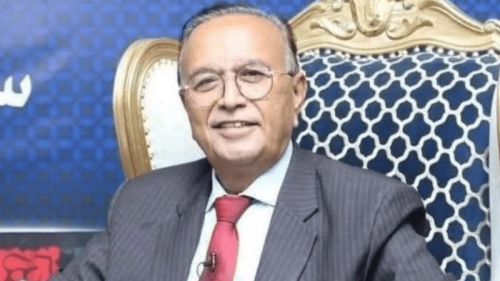



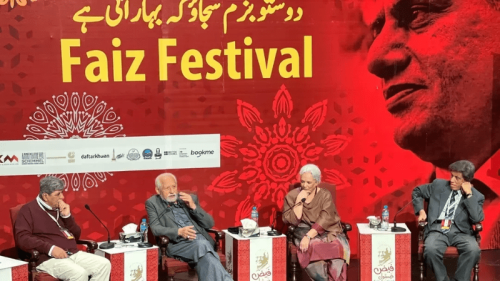














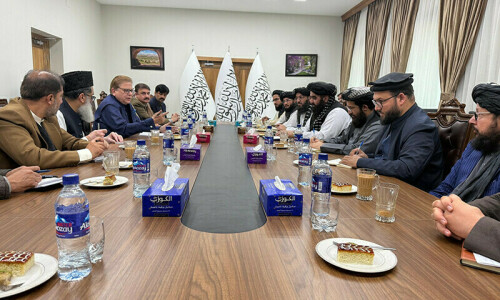



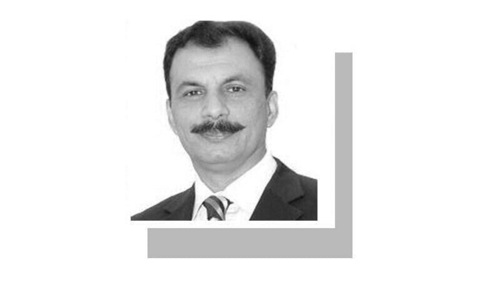







Dear visitor, the comments section is undergoing an overhaul and will return soon.